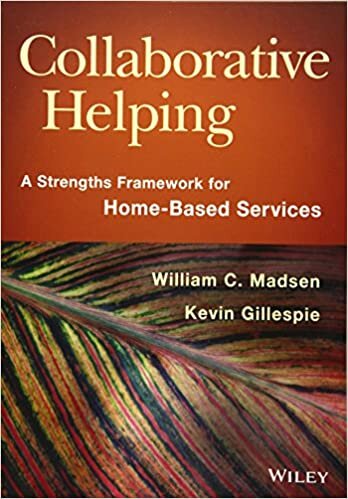Recommended reading
These books and articles are geared towards a variety of audiences, organized by subject.
Recommended books
Liberation
Pedagogy of the Oppressed
Paulo Friere’s masterpeice is one of the most influential texts in all of education. His work not only revolutionized the way we approach literacy, but it provided a framework for deconstructing the oppressive nature of institutions like education
Audience: general, clinical
Rebellious Mourning
Cindy Milstein and others take a critical look at the ways in which our collective right to grieve has been stripped from us and forced out of the public eye, as well as historical efforts to confront this and make mourning a radical act.
Audience: general
Writings for a Liberation Psychology
Based on the Liberation Theology movement and Faulo Freire’s Popular Education model, Ignacio Martín-Baró provides a detailed blueprint for what later became the field of liberation psychology. Martín-Baró encourages readers to consider the ways in which social forces like capitalism have taught us to blame ourselves for our own oppression. His writing on deconstructing dominant discourse provided much of the framework for Liberation Health.
Audience: clinical
Transformative Family Therapy
This book, edited by Almeida, Dolan-Del & Parker, explores the framework and methods of the Institute for Family Services, which provides family therapy services with an emphasis on social justice and unpacking oppression. Their work is a foundational text for anti-oppressive therapists.
Audience: general, clinical
The Wretched of the Earth
Frantz Fanon’s book captures Fanon’s time as a psychiatrist during Algeria’s War of Independence against the colonial French. This book laid the foundation for what would become Post-Colonial Theory. Fanon was one of the first psychiatrists in history to examine the role of oppression in mental health and was decades ahead of his peers.
Audience: general, clinical
Family Therapy
Genograms
Monica McGoldrick’s work on genograms pushed the field of family therapy lightyears ahead by expanding upon older attempts to diagram and map family relationships into a cohesive system that clinicians of all types can use to take detailed family histories across generations. This book also includes example genograms along with explainer text for famous people like Frida Kahlo.
Audience: clinical
Maps of Narrative Practice
Michael White is widely regarded as the founder of Narrative Therapy. This text is perhaps his most famous work, in which he lays out his philosophy and framework. The text includes powerful interviews that bring Narrative Therapy to life for those who have never seen or experienced it themselves.
Audience: clinical
Collaborative Helping
This follow-up text to Bill Madsen’s Collaborative Therapy with Multi-Stressed Families provides a road map to truly collaborative, family-centered family therapy.
Audience: clinical, general
What is Narrative Therapy?
Perhaps the most accessible book on Narrative Therapy, Alica Morgan’s guide takes you through the worldview and practice of Narrative Therapy in a short, easy-to-read text. While this guide is geared towards clinicians, Morgan’s writing style makes this book accessible to all readers.
Audience: clinical, general
Anxiety
Cognitive-behavioral therapy for Social Anxiety
Andrew Otto’s manual for treating Social Anxiety Disorder is an easy to follow text laying out the principles and processes of CBT for Social Anxiety.
Audience: clinical
Rewind, Replay, Repeat
Written in an engaging memoir format, radio host Jeff Bell details his struggles and successes with Obsessive-Compulsive Disorder (OCD). Bell describes both the onset of OCD as well as the challenges in obtaining treatment, before chronicling his success with Exposure and Response Prevention (EX/RP), the gold standard treatment for OCD. Bell is a spokesman for the International OCD Foundation.
Audience: general

